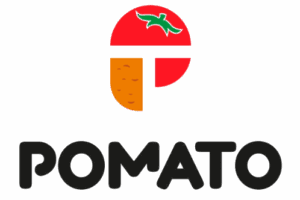Europatat is part of an international consortium involved in the research project POMATO, which focuses on combating the spread of quarantine pests, particularly Clavibacter sepedonicus (Cs) and Ralstonia solanacearum (Rs), which threaten the health and quality of potato and tomato crops. The project’s goal is to safeguard the crops by developing early detection systems, bio-control solutions, and Integrated Pest Management (IPM) strategies to reduce pest incidence by 40-60%. The project will take place over four years (2025-2029) with a total budget of EUR 6,6 M from the EU Horizon Europe program.
Effective management strategies to tackle Clavibacter sepedonicus and Ralstonia solanacearum outbreaks on POtato and toMATO crops
POMATO specifically targets Clavibacter sepedonicus and Ralstonia solanacearum, two of the most destructive bacterial pathogens threatening solanaceous crops. These EPPO A2listed quarantine pests pose serious phytosanitary and economic risks within the EU and globally.
In response, the project will deliver integrated pest management (IPM) solutions that are field-tested, natural, and environmentally sound. These will combine advanced early detection technologies, biological control methods, and digital decision-support tools. A safety and sustainability assessment (SSbD Framework) of POMATO’s solutions will be carried out since their development phase making them safer and more sustainable.
Field trials and validation activities will take place in both greenhouses and naturally infected fields across Europe and Latin America, ensuring the solutions are scalable and adaptable to diverse climatic and agricultural conditions. Alongside technical innovations, the project will assess socio-economic impacts and propose policy recommendations aligned with the SSbD Framework. .
For more information, please visit the project’s website and follow the project on X and LinkedIn.


